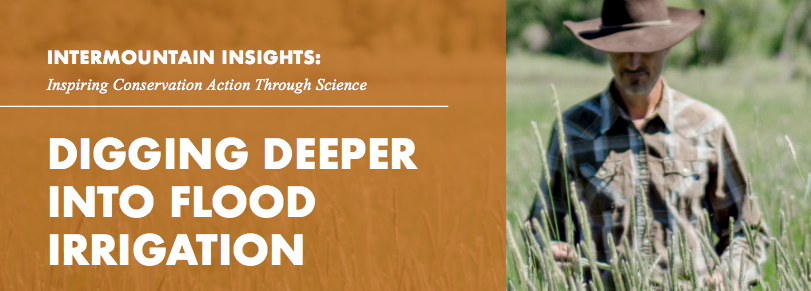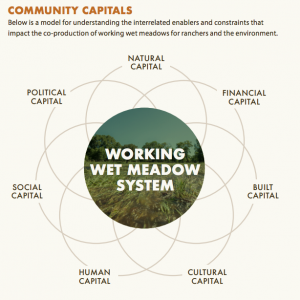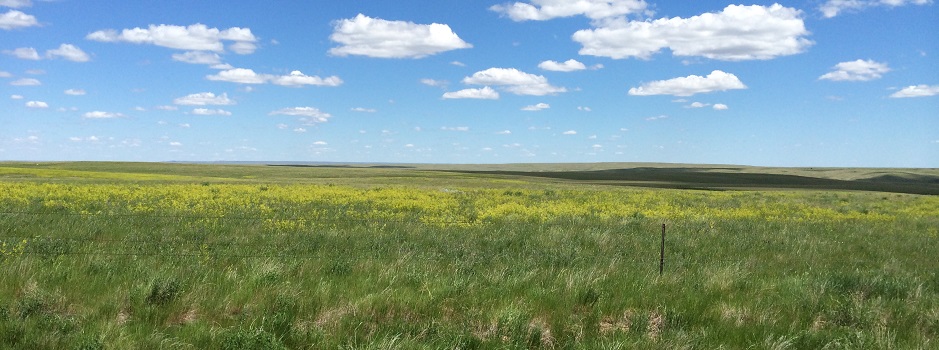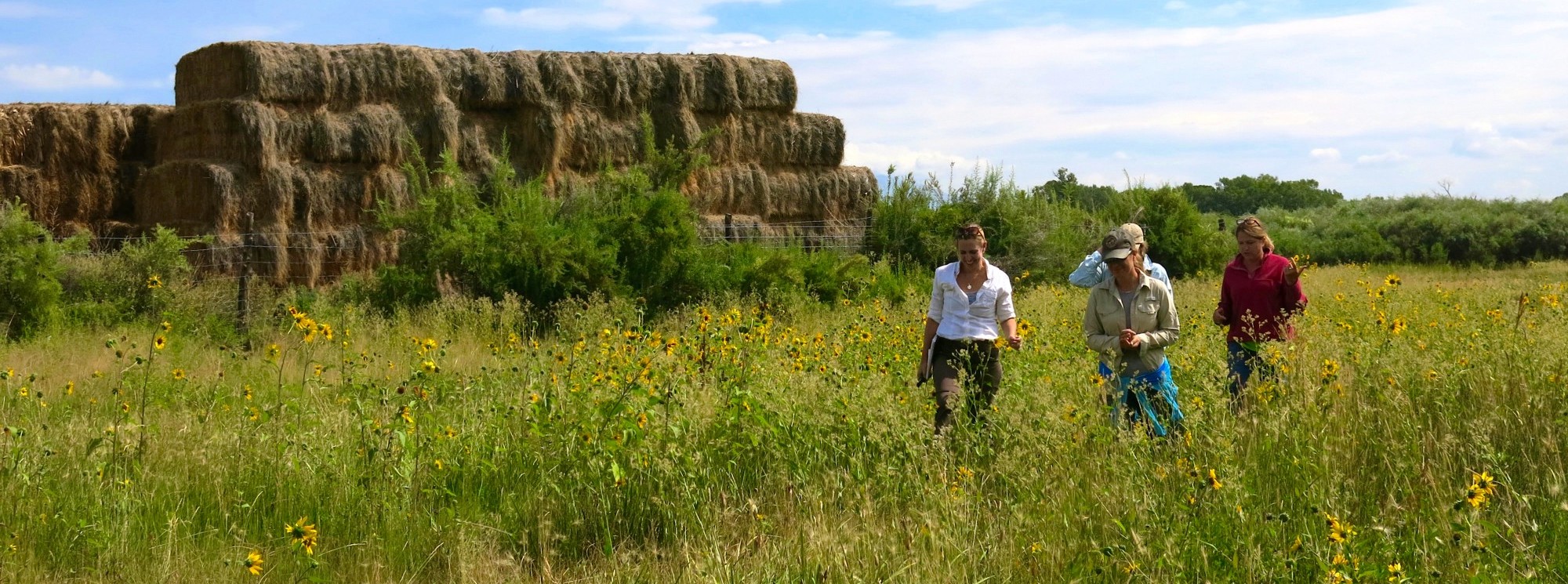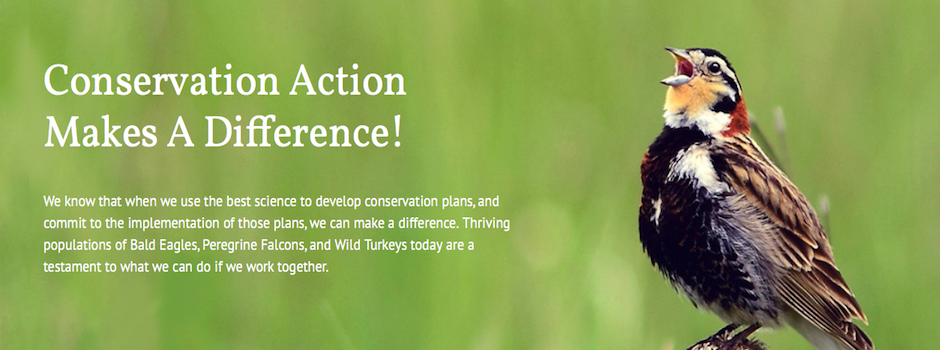Flood irrigation on private rangelands maintains many wetland systems, which were historically dependent on natural flooding. Flood irrigation sustains valuable wildlife habitat on working lands such as foraging habitat for migrating and breeding waterbirds and late summer brood-rearing habitat for sage grouse.
In this “Intermountain Insights” we distill the science behind how ranchers describe the factors that help or hinder the use of flood irrigation on private lands.
In the Intermountain West, where nearly 70% of emergent wet meadow resources occur on private lands, conservation of wildlife associated with those wet meadows on private lands and agriculture are inextricably linked. While past research has explored the hydrology and ecology of flood irrigation, and biological objectives have been established for waterfowl that rely on these working wet meadows, social science has lagged behind. Little has been known about rancher thoughts and experiences regarding flood irrigation and the factors influencing whether they will continue to flood irrigate. Through a social science research project, the Intermountain West Joint Venture and its partners sought to gain a deeper understanding of the human dimensions of this issue and how it can aid professionals in creating and adapting conservation solutions.
This project was funded by U.S. Fish & Wildlife Service (Mountain-Prairie Region), the USDA Natural Resources Conservation Service (Oregon State Office), and the Intermountain West Joint Venture. This co-produced research project was made possible through the involvement of many local and regional conservation partners and the voluntary participation of ranchers in southern Oregon-northeastern California and southwest Wyoming-northwestern Colorado. This project was led by researchers from Virginia Tech and University of Montana.
Listen to this webinar to learn about the facilitators and constraints to maintaining flood irrigation on the landscape that supports working wet meadows for ranchers and the environment. Included in the webinar is a discussion of the recommendations that were developed to assist conservation professionals with engaging and supporting flood irrigators in long-term sustainability of working wet meadows.
This story originally appeared on the Intermountain West Joint Venture website.



